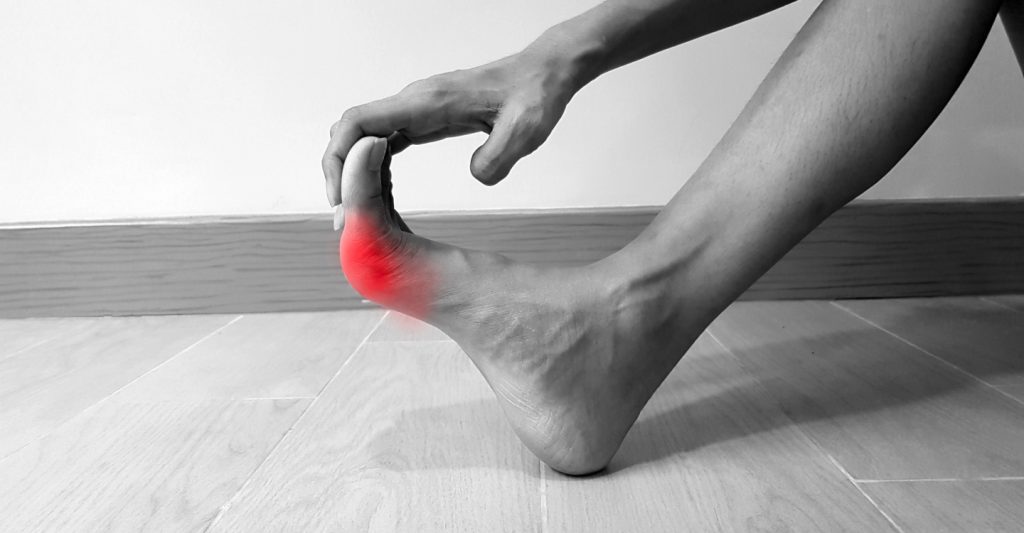
We talk a lot about ways to reduce the appearance of spider veins and how to bare your legs in shorts despite your varicose veins in Boca Raton, but there are much more serious vein concerns worth noting. Spider and varicose veins are a big deal, but the discolored appearance on your leg isn’t going to put your life at risk.
Most people think of blood clots as something that won’t happen to them. Even if you spend most of your day sitting down or travel often on long plane rides you might not think twice about your risk of a blood clot until you come face to face with the reality. Blood clots are a lingering concern for a small portion of the population, but unfortunately, a lot of these people don’t know who they are.
A simple genetic abnormality called factor V Leiden (“V” is pronounced “5”) can significantly increase your risk of developing blood clots, but frequently goes undiagnosed because it does not produce any other symptoms or reveal itself on a typical blood test. Yet, this blood abnormality is the most common hereditary clotting disorder that affects adults in the United States.
Screening for Factor V Leiden
Though the screening examination for factor V Leiden isn’t expensive or particularly difficult, it isn’t something that is included in routine blood exams. The only time that people go and get tested for the condition is when there is a family history of blood clots, heart conditions, or pulmonary embolism. One cousin might develop a series of blood clots while in the hospital for a typical injury and is found to have the defect, which would prompt her siblings to be tested for the abnormality. This would signal a chain of reaction, as more family members are advised to be tested as well.
Physicians ask patients about their family medical history all the time, but a lot of people don’t connect certain dots until the connection is right in front of them. A history of miscarriages, heart problems, and blood pressure irregularities could all point to factor V Leiden, but a lot of people think of these as three separate and unrelated ailments.
Somewhere between two and seven percent of the Caucasian population in the United States is affected by this defect, and the condition is even rarer among Asians, African Americans, and Hispanics. However, if you have a family history of blood clot-related disorders then it might be worth getting tested. Knowing you have an increased risk for developing blood clots can help you avoid situations where a problem could arise, like tight sleeping quarters, lengthy periods of sedentariness, smoking, and taking birth control pills. By knowing you are a carrier of the disorder you can pursue preventative treatment like taking anticoagulants or wearing compression stockings.







